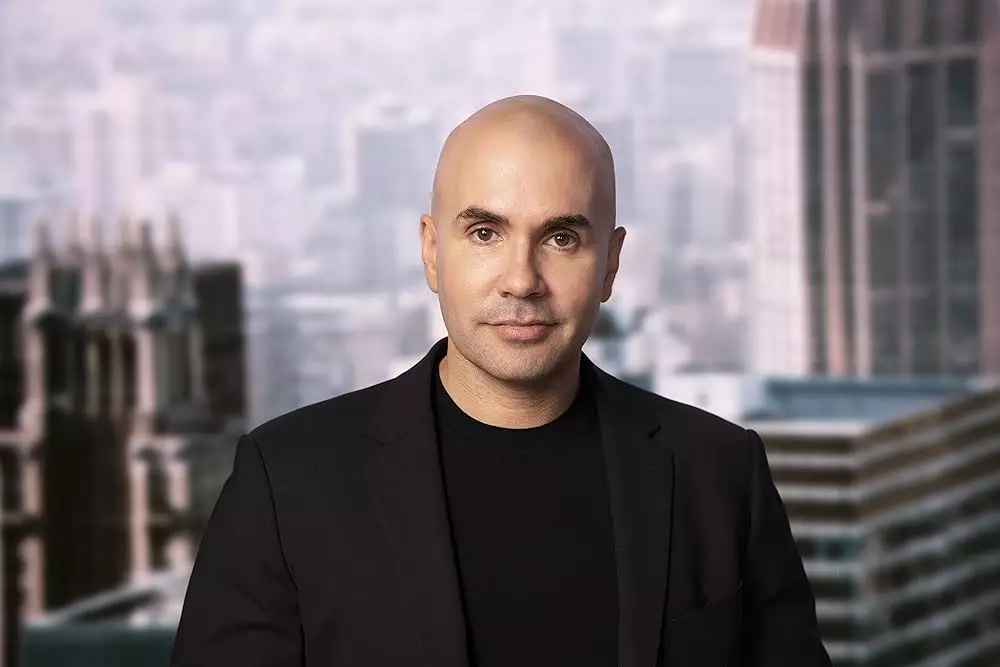In a move that signals significant shifts within the entertainment industry, Chris McCarthy, a seasoned veteran whose career spans over two decades, has announced he will depart Paramount Global upon the completion of its acquisition by Skydance. McCarthy’s decision is not merely about leaving a corporation; it reflects a complex narrative of strategic evolution, industry turbulence, and the uncertain future of creative leadership. As co-CEO and president of Showtime/MTV Entertainment, his influence has been deeply embedded in shaping Paramount’s direction through turbulent times—a role that he now relinquishes as the corporate landscape rapidly transforms around him.
His exit, announced just ahead of the merger’s finalization, underscores a broader pattern in the entertainment industry: leadership upheavals coinciding with major corporate transitions. McCarthy’s tenure was marked by aggressive operational reforms—including painful layoffs and strategic pivots—aimed at financial survival rather than artistic expression. Such choices often generate controversy, but they reveal the harsh realities executives face when balancing profit margins with creative ambitions. His departure signals a potential shift from a leadership style rooted in deep industry experience toward a new era that might prioritize corporate synergy over individual vision.
Strategic Legacy and Talent Pitching
McCarthy’s tenure was distinguished by bold bets on original content, notably the Yellowstone franchise, which grew into a multibillion-dollar property. His foresight in fostering partnerships with creators like Taylor Sheridan paid off handsomely, illustrating that strategic investment in IP can serve as a stabilizing force amid industry upheaval. The $200 million deal with Sheridan exemplifies McCarthy’s commitment to high-stakes relationship-building—an approach that has yielded both critical and commercial success.
Moreover, his ability to secure top-tier talent deals, such as Jon Stewart’s return to The Daily Show and the renewal of South Park seasons, demonstrates an acute understanding of audience loyalty and franchise longevity. These moves underpin a larger philosophy: that owning and cultivating intellectual property is paramount for the future viability of traditional media conglomerates in a streaming-dominated landscape. McCarthy’s leadership in expanding Paramount+ and Pluto TV hints at a strategic pivot towards building a robust digital footprint, even as the industry grapples with declining linear viewership and shifting consumer behaviors.
The Industry’s Turbulent Future and the Unknowns of Transition
While McCarthy’s departure might seem like a routine executive shuffle, it highlights ongoing uncertainties about the future direction of Paramount and its new parent company, Skydance. The specifics of the post-merger leadership landscape remain opaque, with names like Keith Cox poised to potentially fill voids created by departing executives. The fate of McCarthy’s initiatives, especially in streaming and IP development, hangs in the balance as the company integrates into a larger, perhaps more commercially aggressive entity.
The broader industry context amplifies the significance of this transition. Mergers and acquisitions in entertainment are often as much about market consolidation and shareholder value as they are about creative innovation. McCarthy’s emphasis on high-quality original content collided with a market that increasingly favors blockbuster franchise management and measurable financial returns over experimental storytelling. His departure leaves open the question: Will Paramount’s new leadership continue to prioritize risk-taking and creative investment, or shift toward safer, proven intellectual properties?
Furthermore, the shifting landscape raises doubts about how long the industry’s traditional executive model can adapt. Leaders like McCarthy, with extensive sector experience, are rare creatures—evidence that success depends heavily on the ability to navigate both creative aspirations and financial imperatives. As new leadership takes charge, the creative integrity of the company and its capacity to nurture innovative talent will be tested against the pressures of profitability and corporate interests.
This moment serves as a litmus test for the industry’s resilience and willingness to evolve—whether it can preserve the entrepreneurial spirit that has historically driven artistic excellence or fall prey to the relentless pursuit of short-term gains. McCarthy’s exit symbolizes a turning point—one where industry insiders must confront the realities of an ever-changing media ethos, where leadership depth and visionary foresight are more critical than ever for sustainable growth.

